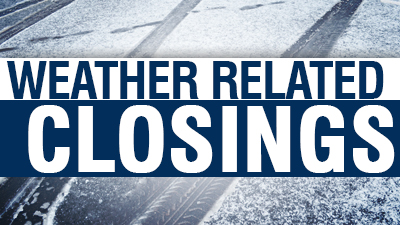NC To Overhaul Community Living Program For People With Disabilities

RALEIGH, N.C. – North Carolina isn’t offering enough community-based supports for people with intellectual and developmental disabilities who want to live independently, according to a new court ruling.
It says the state’s Department of Health and Human Services violated the law by placing people in institutionalized settings, even when they expressed the desire to live on their own.
Corye Dunn, public policy director of Disability Rights North Carolina – the group that initially filed the 2017 Wake County lawsuit – says individuals often need extra help getting settled into independent living.
“These are people with intellectual and other developmental disabilities who want to live in their home communities,” says Dunn. “Take, for example, a person who’s been living in an institutional setting for 10 years. That person is going to need support learning how to shop for and prepare food.”
In a statement after the ruling, the Department of Health and Human Services said it is “committed to providing services and supports to individuals with disabilities in the most integrated setting possible.”
Dunn adds nearly all of the five plaintiffs in the case wanted to live closer to their families. She points out that those who are nearer to their support networks also can benefit the state’s bottom line.
“In many cases, it is actually far less expensive to provide care in the community than it is to provide care in an institutional setting,” says Dunn.
She says other states could provide models for how North Carolina can improve its community-living program.
“For example, we have a wait-list of 14,000 people who are waiting to get Medicaid services related to their intellectual and other developmental disabilities,” says Dunn. “In Georgia, they decided to get rid of the wait-list.”
The court will soon issue additional orders with details about what the state can do to comply with the North Carolina Persons with Disabilities Protection Act.






